PTMC – Percutaneous Transvenous Mitral Commissurotomy Cost in India
Unlock Exclusive Discount : Your Gateway to Premium Healthcare with Medsurge India Health Value Card.

Unlock Exclusive Discount : Your Gateway to Premium Healthcare with Medsurge India Health Value Card.

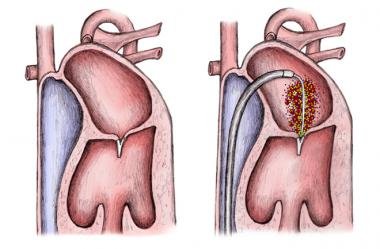
The process used in the treatment of mitral valve stenosis is popularly referred to as Percutaneous Trans-Mitral Commissurotomy. Mitral stenosis is a state in which the mitral valve at the center is thickened because of infection with bacteria- Beta Hemolytic Streptococci in youth. The valvular thickening causes a radical obstruction to blood flow which leads to breathing problems, arrhythmia, and clot formation resulting in stroke or paralysis. The stenotic mitral valve could be treated with valve replacement operation or draining the stenosis by means of a balloon at the PTMC process. But, surgical valve implantation ought to be prevented as the illness demands using anti-coagulants for the remaining portion of the life with a life-threatening danger of bleeding in accidents or trauma. Also, another risk is that the formation of cubes in the uterus when the drugs weren’t frequently taken. Hence PTMC is valuable over the open-heart operation. But, surgical valve implantation ought to be prevented as the illness demands using anti-coagulants for the remaining portion of the life with a life-threatening danger of bleeding in accidents or trauma. Also, another risk is that the formation of blocks in the valve when the drugs weren’t frequently taken. Hence PTMC is valuable over the open-heart operation.
Know More – Aortic Valve Replacement Cost in India
Read More - Mitral Valve Replacement Cost in India
A: Mitral stenosis is a state in which the mitral valve is substituted which may be among the common and long-term complications of rheumatic illness in the youth or bacterial disease. It is based on the severity of the illness that the patients might need a PTMC process to fix the valve or valve replacement with a prosthetic valve.
A: The other names are Mitral valvuloplasty (MV) and Percutaneous transvenous mitral valvuloplasty (PTMV).
A: The process usually takes 60 minutes but the prep time and the recovery following the process take a few hours. Patients must remain at least two days at the hospital for the process and a number of patients need still longer to return home based on their general health condition.
A: After the procedure, the patient may go home within 2 days and has to report immediately to the medical staff in the following conditions such as
A: PTMC is a process used to fix the disease known as mitral stenosis brought on by blocking of the mitral valve. The process will eliminate the block by means of a balloon and produces a pathway for the blood to flow without obstruction. It alleviates the symptoms of valvular disease but doesn’t cure the illness. In instances of acute valvular damage, the option is going to probably be valve replacement with a prosthetic valve. Following the procedure, some patients need to use drugs for the remainder of their life. The individual needs to follow the lifestyle modifications with routine medical follow-ups.
A: The success rate is roughly 80-90%. The people treated with PTMC procedure will get immediate symptom relief. However, this procedure can not cure or create a center valve every day. It helps to reestablish the blood circulation into the heart valves. Adhering to the procedure the increase in blood flow alleviates the symptoms, lowers the blood pressure inside the left atrium, and relieves lung congestion. This procedure has greater success rates with the advancement in brand new treatment modalities.
A: The process generally requires tests like total blood tests, chest X-ray, Electrocardiogram that ought to be carried out no less than a week prior to the procedure.
A: The process causes some discomfort and pain but can be readily manageable with drugs and the side effects because of anesthesia can be worked out in a day or even two.
Q: What will be the recovery time for this procedure?
A: The typical recovery period will be 2-3 months following the procedure. The majority of the patients need 4-6 weeks for healing following the procedure.
A: The patient may resume old medication after reaching home. However, the doctor may add some new medications or change the regular medicines.
A: The individual can carry out all regular actions without raising heavyweights rather than causing strain into the heart. Daily walking for a brief space will guarantee standard circulation. PTMC is an optimum surgical procedure for mitral valve disorder rather than replacement. Fix of the mitral valve may maintain heart form and function and enables a much better survival rate with less mortality rate. The process often doesn’t call for life management of anti-coagulants. A very low dose of aspirin could be needed in certain patients with complications.
A: There might be several causes of the growth of heart valvular disease. A few of the causes might be fungal endocarditis and rheumatic fever in childhood, calcification, congenital defects, degenerative disease, and ischemia.
A: Medical visa to India requires a valid passport and the treatment method approved in a hospital recognized by the government of India with expertise in intervention cardiology. The de procedure is very economical in India compared to developed countries and can fly bach in a short time period. Two attendants may accompany the individual on a separate attendant visa with a maximum of 3 entries per year.
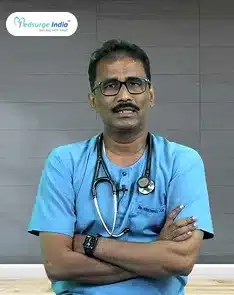
Interventional Cardiologist
Clinical Director
17+ Years
Care Hospital, Bhubaneswar
View Doctor
Interventional Cardiologist
Clinical Director
25+ years
Care Hospital, Bhubaneswar
View Doctor
Interventional Cardiologist
Clinical Director and Head of Department
36+ years
Care Hospital, Bhubaneswar
View Doctor
Interventional Cardiologist
HOD & Senior Consultant
17+ years
Meitra Hospital, Calicut, Kerala
View Doctor
Interventional Cardiologist
Senior Consultant
25+ years
Care Hospitals HITEC City
View Doctor
Interventional Cardiologist
Senior Consultant
10+ years
Care Hospitals HITEC City
View Doctor
Interventional Cardiologist
Director & Senior Consultant
22+ years
Care Hospitals HITEC City
View Doctor
Interventional Cardiologist
Senior Consultant
25+ years
Care Hospitals HITEC City
View Doctor
Interventional Cardiologist
Senior Consultant
28+ years
Baby Memorial Hospital
View Doctor
Interventional Cardiologist
Senior Consultant
14+ years
Baby Memorial Hospital
View Doctor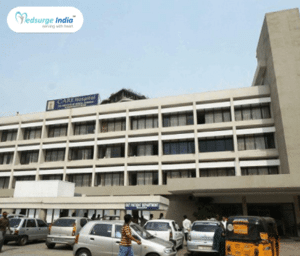
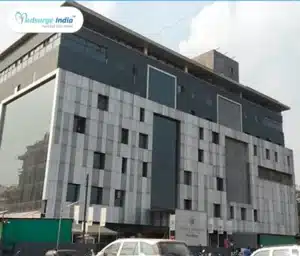
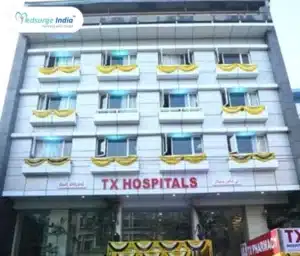
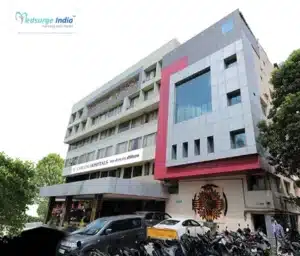



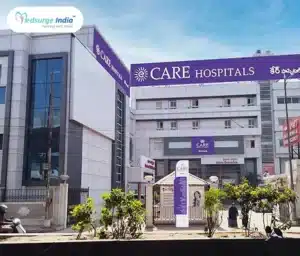
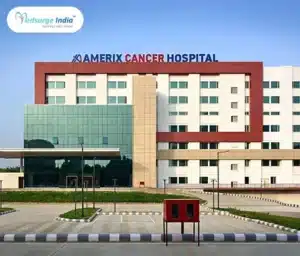
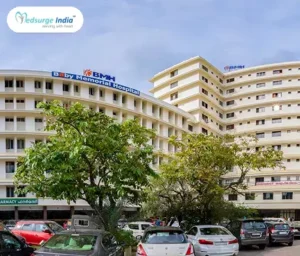
By using our site, you agree to our Terms and Conditions, Privacy Policy and Refund Policy. Medsurge India provides reliable healthcare information and treatment options to support informed decision-making. Our content is designed to support and complement the guidance of your treating doctor, helping you feel informed and confident throughout your healthcare journey. We also Accept International Payments.

Copyright © 2025 NSM ONLINE SOLUTIONS PRIVATE LIMITED. All rights reserved.